Before becoming a member of the royal family, she used to be an actress and a model. She is also a humanitarian and an inspiring role model, whose life battles only made her stronger.
Contents
- Childhood identity crisis
- Her dad helped her with her identity
- Racism experience left a huge impact
- Early day struggles
- Redefining Hollywood’s definition of ‘’dream girl’’
- Using her education
- Empowering women
- Fighting feminism with a letter when only 11 years old
- Protecting privacy
- She wants to make positive changes
- The latest member of the royal family
Childhood identity crisis
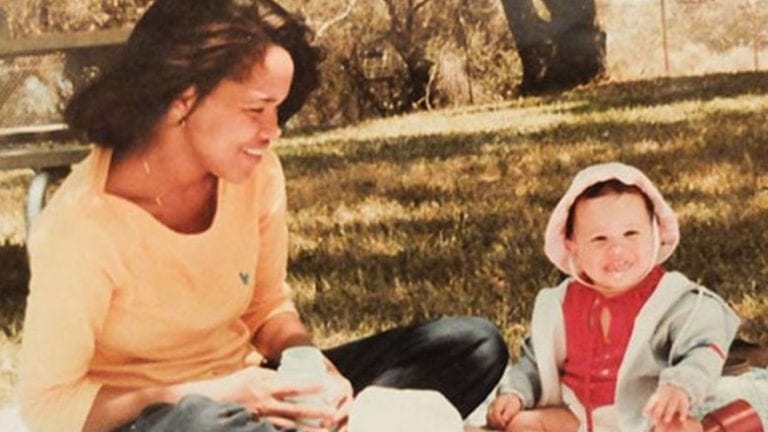
Her father is Caucasian, and her mother is African-American. In a 2016 issue for Elle, Meghan Markle wrote that she battled to fit in as a child. She said how in her seventh grade English class, she had to fill out a paper where “you had to check one of the boxes to indicate your ethnicity: white, black, Hispanic or Asian.” Not knowing which box to check, she said, “My teacher told me to check the box for Caucasian. ‘Because that’s how you look, Meghan,’ she said.” She couldn’t do that, because she kept thinking about how her mother will be devastated is fhe found out. “So, I didn’t tick a box. I left my identity blank — a question mark, an absolute incomplete — much like how I felt.”
Her dad helped her with her identity
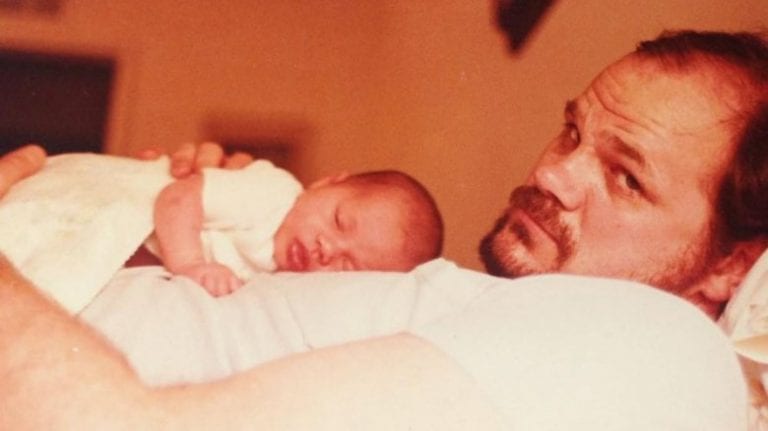
After sharing with her father her struggle with the above mentioned census box, her father said to her, “If that happens again, you draw your own box.” She said how it was hard to act in a “label-driven industry” because of her “ethnically ambiguous” look. “I wasn’t black enough for the black roles and I wasn’t white enough for the white ones.”
“To this day, my pet peeve is when my skin tone is changed and my freckles are airbrushed out of a photo shoot,” Markle explained to Allure. “For all my freckle-faced friends out there, I will share with you something my dad told me when I was younger – a face without freckles is a night without stars.'”
Racism experience left a huge impact
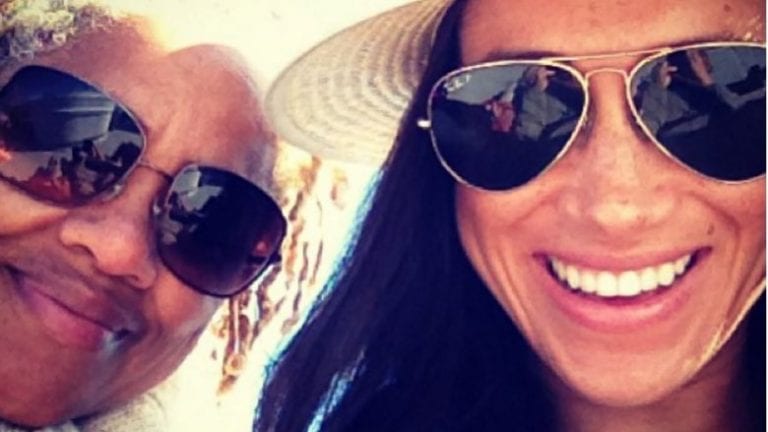
Her grandfather, Alvin, shared with her a story when on a family road trip the family went to Kentucky Fried Chicken and “had to go to the back for ‘coloreds.’ The kitchen staff handed me the chicken from the back door and we ate in the parking lot. That’s just what it was.” This story never left Markle’s mind, and it eventually led her to write an essay about her family’s struggle with racism. “That story still haunts me. It reminds me of how young our country is. How far we’ve come and how far we still have to come. It makes me think of the countless black jokes people have shared in front of me, not realizing I am mixed, unaware that I am the ethnically ambiguous fly on the wall. It makes me wonder what my parents experienced as a mixed-race couple.” Markle is using her popularity these days to be vocal about the issue.
Early day struggles
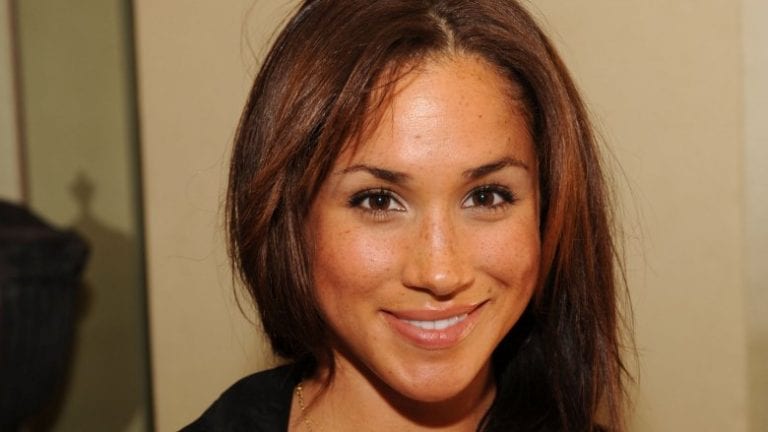
While other actors were waiting tables, Markle used calligraphy to pay for her bills. She told Esquire in 2013 that she gave calligraphy services for customers like Robin Thicke and Dolce & Gabbana. “I’m glad that in the land of no one seeming to appreciate a handwritten note anymore that I can try to keep that alive,” she said. Regarding her acting, she started as a “briefcase girl” on the game show Deal or No Deal in 2006. She had a number 26, which she considered for her to be a bad luck since nobody ever picked it. “I would end up standing up there forever in these terribly uncomfortable and inexpensive five-inch heels just waiting for someone to pick my number so I could go and sit down,” she revealed.
Redefining Hollywood’s definition of ‘’dream girl’’
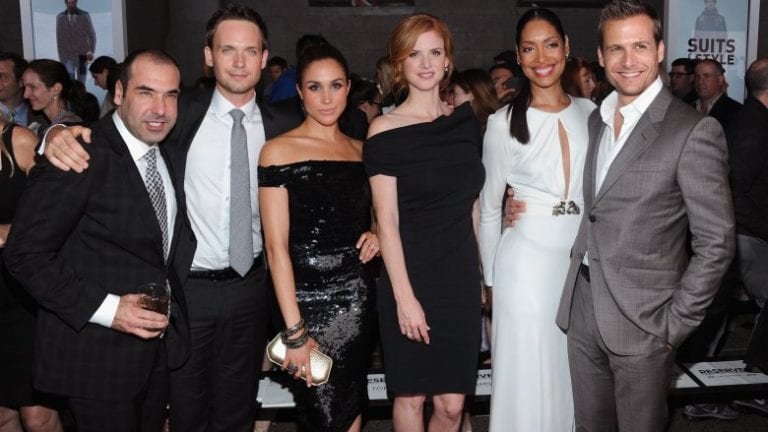
Her portrayal of Rachel Zane on Suits gave her fame and recognition. Markle said her character was a definition of a ‘’dream girl’’ – beautiful and smart.
Markle revealed that the producers of the show “weren’t looking for someone mixed, nor someone white or black for that matter. They were simply looking for Rachel” and that in picking her for the part “the Suits producers helped shift the way pop culture defines beauty.”
Her role as Rachel Zane was also groundbreaking because it placed a multiracial woman on TV. “Some households may never have had a black person in their house as a guest, or someone biracial,” said Markle. “Well, now there are a lot of us on your TV and in your home with you. And with Suits, specifically, you have Rachel Zane. I couldn’t be prouder of that.”
Using her education
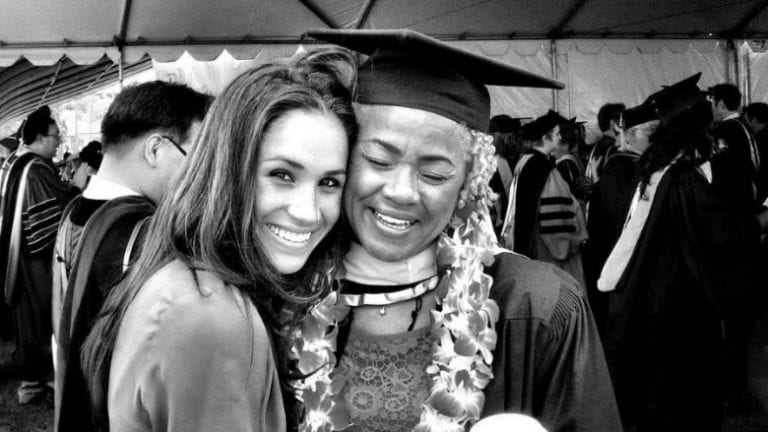
Her mother, Doria Ragland got a B.A. from Antioch University and later went on to receive a Master’s degree in social work from the University of Southern California. Markle graduated from Northwestern University in 2003 where she double majored in theater and international studies. Markle also has operated for the United States Embassy in Buenos Aires, Argentina, and as a UN Women’s advocate. Markle said that her job at the U.S. Embassy “helped my decision to work on women’s political participation and leadership.”
Empowering women
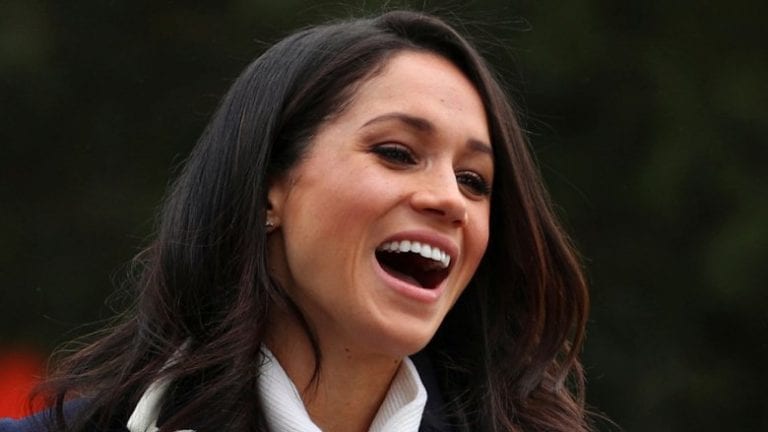
She went to India with World Vision in January of 2017 and wrote a compelling piece for Time about the young girls she met who are overwhelmed by “the stigma surrounding menstrual health.” Meghan put under a spotlight how this stigmatization can “perpetuate the cycle of poverty and stunt a young girl’s dream for a more prolific future.”
The piece describes that in the Western world, where women have access to clean bathrooms and sanitary napkins, menstruation is simply a part of life. In India, twenty-three percent of young girls end up dropping out of school because “these factors are not at play.” Markle sees this “unacceptable.” She said, “We need to push the conversation, mobilize policy-making surrounding menstrual health initiatives, support organizations who foster girls’ education from the ground up, and within our own homes, we need to rise above our puritanical bashfulness when it comes to talking about menstruation.”
Fighting feminism with a letter when only 11 years old
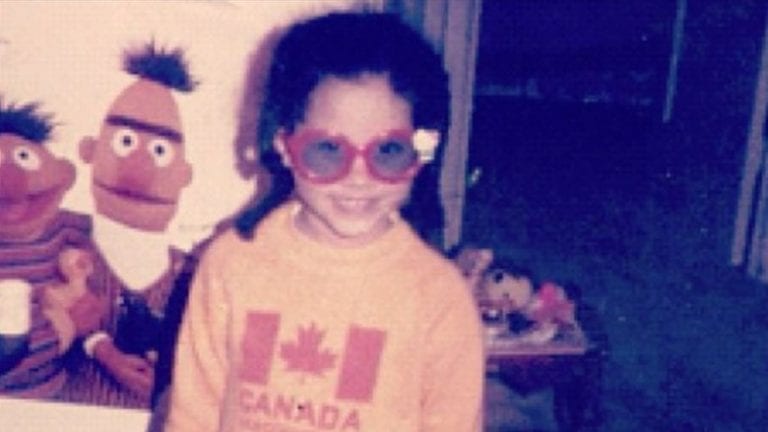
Ever since she was a young girl, she was very vocal about issues regarding women. When she was 11 years old, a commercial played on the television in her classroom. “Women all over America are fighting greasy pots and pans,” the commercial declared. Markle explained how her “little-freckled face became red with anger,” as the boys in her class “yelled out, ‘Yeah, that’s where women belong. In the kitchen.'”
When she got back home, she decided to write a letter to some leading female figures, like civil rights lawyer Gloria Allred and then-First Lady Hillary Clinton. The women vouched for their support and, “a few months later, the commercial was changed to ‘People all over America are fighting greasy pots and pans.'”
Today, she is verbal about women “needing a seat at the table.” Markle said that if an offer to that table is not open, women “need to create their own table.”
Protecting privacy
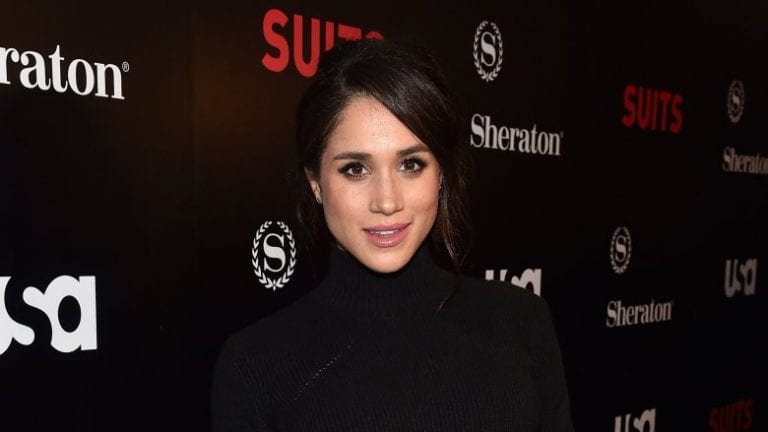
Meghan dated producer Trevor Engelson for several years before they got married in 2011. They divorced in 2013. Her relationship with Prince Harry prompted the public to think there was something wrong, something we weren’t seeing in her past relationship with Trevor Engelson. She didn’t want to comment anything regarding her marriage with Endelson, and she even shut down her website The Tig, with a message to her fans, and maybe even a reminder for herself – “Above all, don’t ever forget your worth – as I’ve told you time and time again: you, my sweet friend, you are enough,” she wrote.
She wants to make positive changes
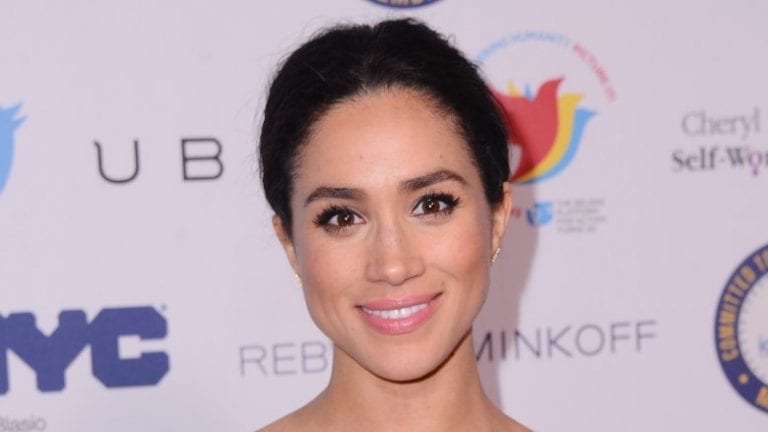
She has declared that her true passion is “to use whatever status I have as an actress to make a tangible impact.’’
“I’ve never wanted to be a lady who lunches. I’ve always wanted to be a woman who works. And this type of work is what feeds my soul.”
The latest member of the royal family
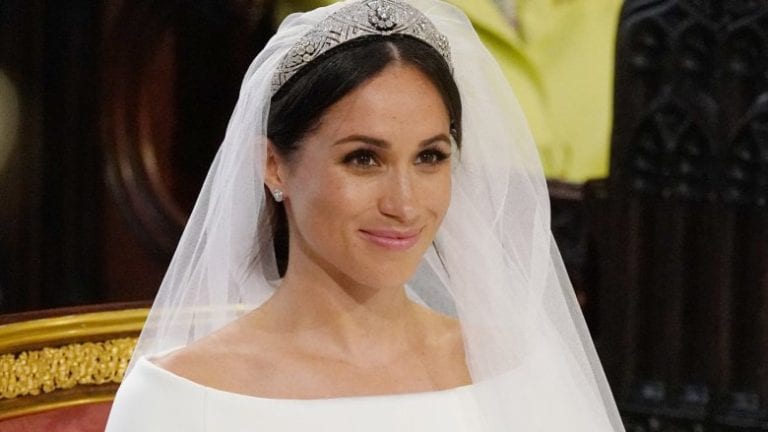
Meghan transformed to the Duchess of Susexx witnessed more than 29 billion people. She committed to wearing pantyhose and left her acting career behind, but she also gained a platform for her humanitarian work, which is something she and her husband, Prince Harry have in common. Her official royal website, which began operating just after the wedding, reveals that she will be taking on royal duties while also dedicating “her time to supporting a number of charities and organizations.”
Source: www.thelist.com
